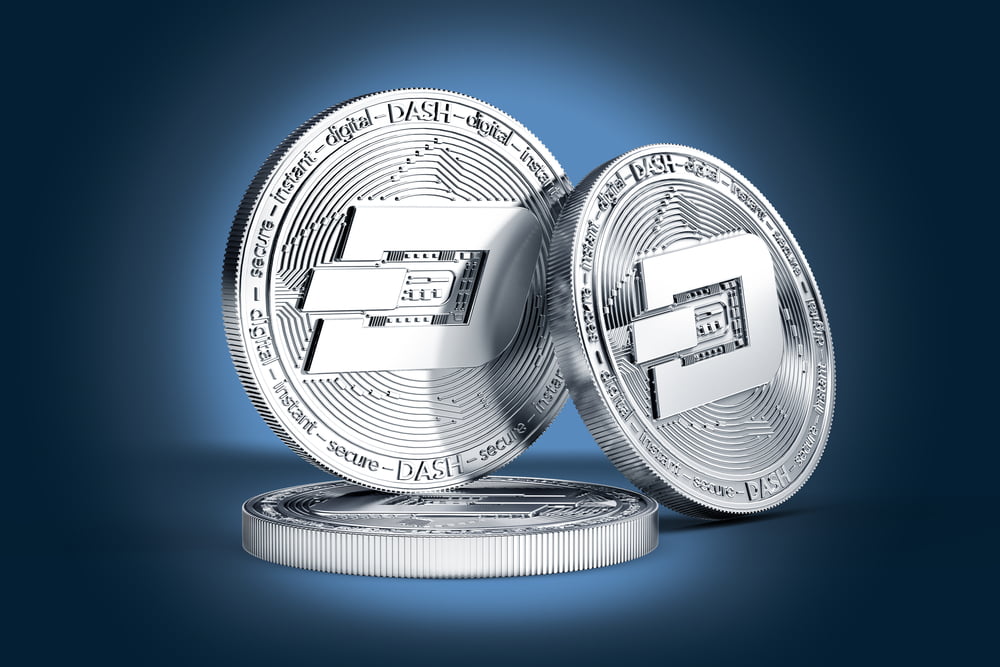There has always been a certain degree of curiosity surrounding the Dash project. Many users often like to refer to the currency’s instamine, which has been addressed by the Dash team several times. A new discussion revolves around how Dash creator Evan Duffield allegedly holds a “master private key” which can invalidate some network features and potentially roll back transactions. These are some serious allegations, although it does appear there is some truth to the matter.
A Dash Private Master Key is Troublesome
Most cryptocurrency enthusiasts will recall how the Dash ecosystem had a big issue a few weeks ago. More specifically, the developers were notified about a potential bug which would wreak havoc upon the ecosystem. As a result, the Dash developers quickly disabled the InstantSend feature, which allows users to create anonymous transactions. Considering how this service is provided by masternodes, a lot of people questioned how the developers could effectively “turn off” the feature without introducing a client update or network fork.
Although this episode showed the Dash developers have some degree of centralized control over the network and its features, it begs the question as to what else they might be capable of. Speculation is one’s worst enemy in this regard, as it is pretty difficult to back up some of the more ludicrous claims people have tended to make. However, the Dash Github repository talks about “sporks”, which seemingly provide people such as Evan Duffield with a lot more control than others have realized to this very day.
We advise readers to check out the Github repository and information on the sporks concept themselves. One particular line in the code seemingly allows a person to “reprocess 24 hours of blocks to resolve any issues.” While this doesn’t necessarily mean nefarious activity can or will take place, it is evident this wording leaves a lot of room for speculation. One Reddit user claims that this means the team can roll back 24 hours worth of transactions, although it is nearly impossible to prove or deny that allegation right now.
Considering how these features were introduced by Evan Duffield, it is not surprising that some cryptocurrency community members are effectively labeling him responsible for this “centralized control” over Dash. While it is true the current governance model isn’t completely decentralized by any means, there is still a big difference between being able to make modifications to protect the network and having a “master private key.” Such possibilities will always raise a lot of (valid) questions from the cryptocurrency community as a whole, though.
Gregory Maxwell once commented on Dash as follows:
“The other cryptographically-private altcoin that people talk about is Dash… but it’s not cryptographically private at all. I had a slide about this that was just “Dash LOL”. It’s snake oil. I’m beside myself about it, personally. What they have is a system like coinjoin, they nominate nodes based on proof of stake to be coinjoin masters, and then they have done this insecurely many times in the past I have no idea if the current version is secure. It’s not on the same level as zcash or monero; maybe it’s better than doing nothing, I don’t know. LOL, right?”
If there is any truth to such a “master private key”, things would not look great for Dash. For the time being, this is mostly speculation, even though there is a precedent to back up such claims. Disabling some network functionality on a whim without any intervention by the community, a client upgrade or a network fork is pretty worrisome, even if it were done to protect the network as a whole. Sporks are an intriguing development in the world of cryptocurrency regardless. The current Dash roadmap plans to let masternodes control sporks, which will be a positive change overall.

